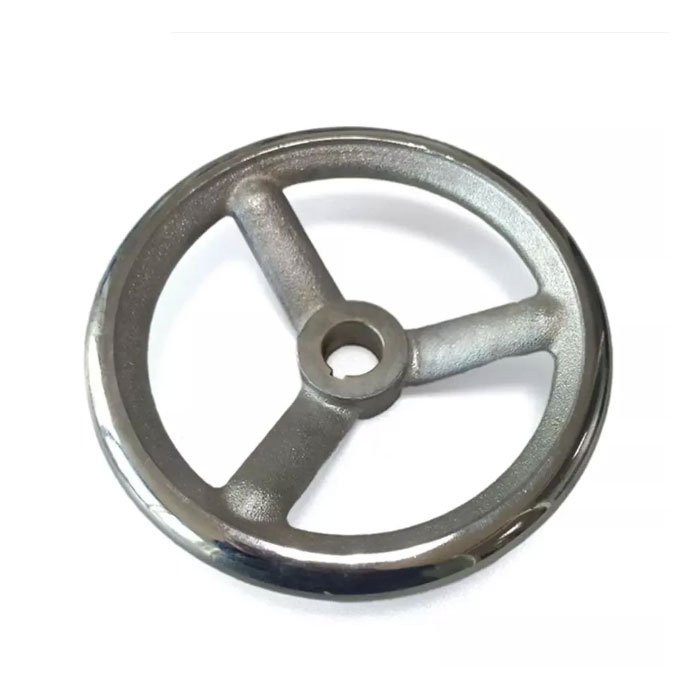Navigating Reliability: Stainless Steel vs. Other Materials for Boat Steering Wheels
2023-12-20
Introduction:
The choice of materials for boat components is a critical decision for boat owners and manufacturers alike. Among the diverse options available for crafting boat steering wheels, stainless steel has emerged as a top contender. In this blog post, we will explore how stainless steel compares to other commonly used materials in terms of durability and corrosion resistance, two essential factors for ensuring a reliable and long-lasting boating experience.
1. Stainless Steel: A Corrosion-Resistant Champion:
Stainless steel's exceptional resistance to corrosion is one of its standout features. Composed primarily of iron, chromium, and nickel, this alloy forms a protective layer that shields it from rust and corrosion, making it highly resilient in harsh marine environments. Saltwater, a notorious catalyst for corrosion, poses minimal threat to stainless steel, ensuring the longevity and performance of boat steering wheels.
2. Aluminum: Lightweight, but Prone to Corrosion:
Aluminum is a popular alternative for boat steering wheels due to its lightweight nature. While it offers advantages in terms of reduced weight, aluminum is more susceptible to corrosion, especially in saltwater conditions. This can lead to structural degradation over time, impacting the longevity and reliability of aluminum steering wheels.
3. Wood: Classic Aesthetics with Maintenance Challenges:
Wooden steering wheels are revered for their classic and timeless aesthetics. However, wood requires diligent maintenance to combat the effects of moisture, UV exposure, and saltwater. Without proper care, wood can warp, crack, and become susceptible to decay, compromising both the appearance and structural integrity of the steering wheel.
4. Plastic and Fiberglass: Lightweight but Limited Durability:
Plastic and fiberglass steering wheels are lightweight and cost-effective alternatives. However, they often lack the durability and robustness of stainless steel. These materials may degrade over time, especially when exposed to sunlight, leading to fading, brittleness, and potential structural issues.
5. Bronze: Corrosion Resistance with a Heavier Weight:
Bronze, an alloy of copper and tin, is known for its corrosion resistance. While it offers protection against rust, it tends to be heavier than stainless steel. This added weight can impact boat performance, especially in smaller vessels where weight considerations are crucial.
6. Carbon Fiber: Strength with a High Price Tag:
Carbon fiber, known for its strength and lightweight properties, is a high-performance material gaining popularity in marine applications. While it boasts impressive durability, it often comes with a higher price tag. Additionally, the long-term effects of prolonged exposure to saltwater are still being studied.
Conclusion:
In the realm of boat steering wheels, the choice of material significantly influences both performance and aesthetics. Stainless steel stands out as a durable and corrosion-resistant champion, offering a balance between strength, longevity, and a polished appearance. While other materials may have their unique advantages, the overall comparison underscores the reliability and enduring appeal of stainless steel for boat enthusiasts seeking steering wheels that can weather the challenges of the open seas with grace and resilience.



